A Brief Overview of Solana (SOL)
Solana stands as a rapidly expanding layer-1 blockchain recognized for its remarkable speed. The ecosystem hosts a catalog of web3 applications spanning payment solutions, NFT platforms, decentralized finance (DeFi) initiatives, and engaging gaming experiences.
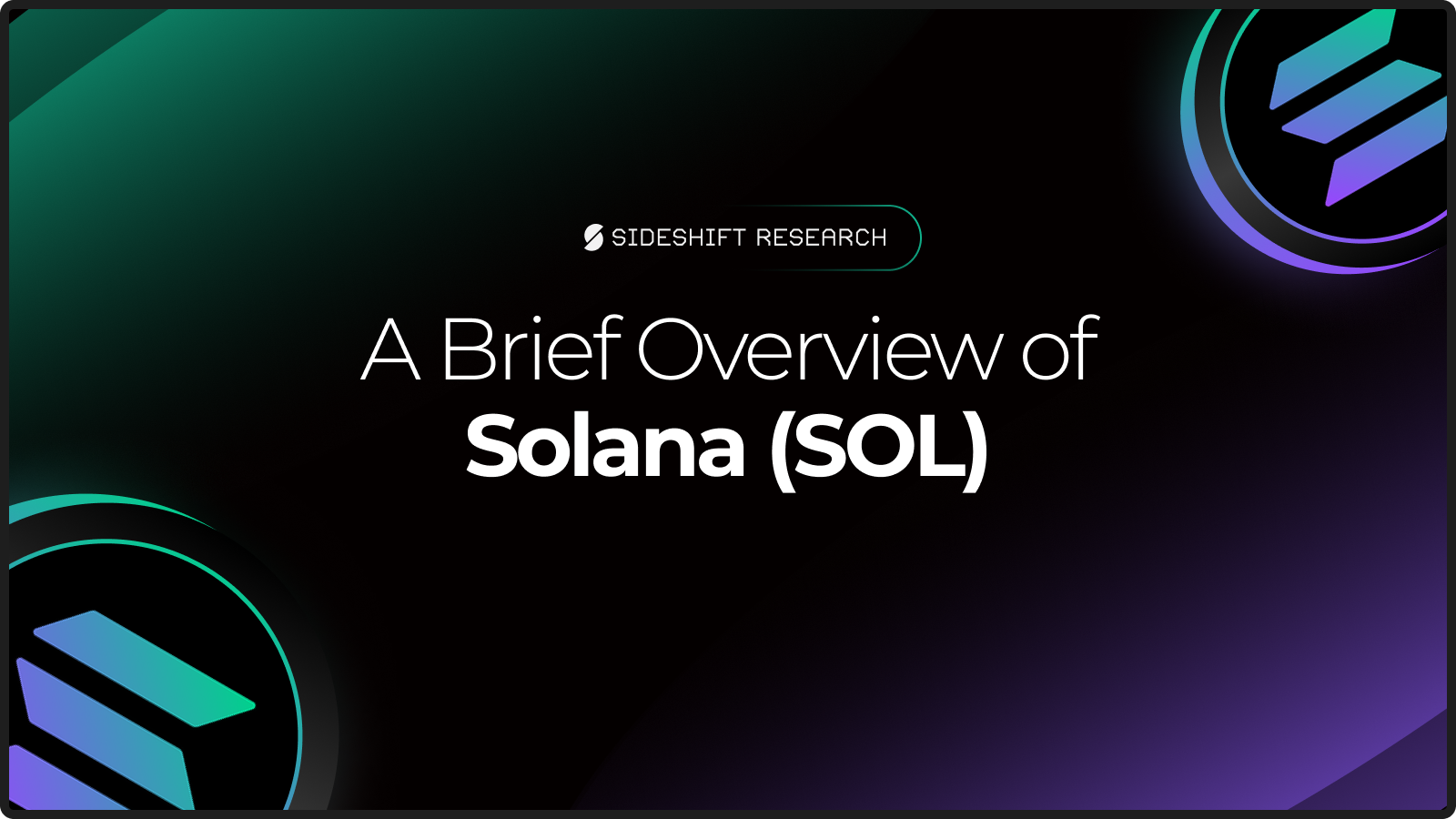

What is Solana?
Created in 2017 under the guidance of Anatoly Yakavenko, Solana stands as a rapidly expanding layer-1 blockchain recognized for its remarkable speed. Unlike Ethereum, Solana aims to deliver a comparable user experience while incorporating several pivotal enhancements. Notably, Solana boasts near-instantaneous transaction processing coupled with remarkably low fees, averaging less than $0.01 per transaction.
At the core of Solana's functionality lies its native token, SOL. This token serves dual purposes, facilitating value transfers and covering transaction fees across the expansive Solana ecosystem. Solana's emphasis on efficiency, fortified security measures, and robust support for smart contracts has drawn in a considerable cohort of developers.
This surge in developer interest has paved the way for a diverse array of applications thriving within the Solana platform. The ecosystem now hosts an extensive catalog of user-friendly web3 applications spanning payment solutions, NFT platforms, decentralized finance (DeFi) initiatives, and engaging gaming experiences.
Solana Projects to Watch

HUMANS who are exploring Solana may be wondering which projects they should be looking at. Here are some of the most popular ranging from exchanges to memes and everything in between.
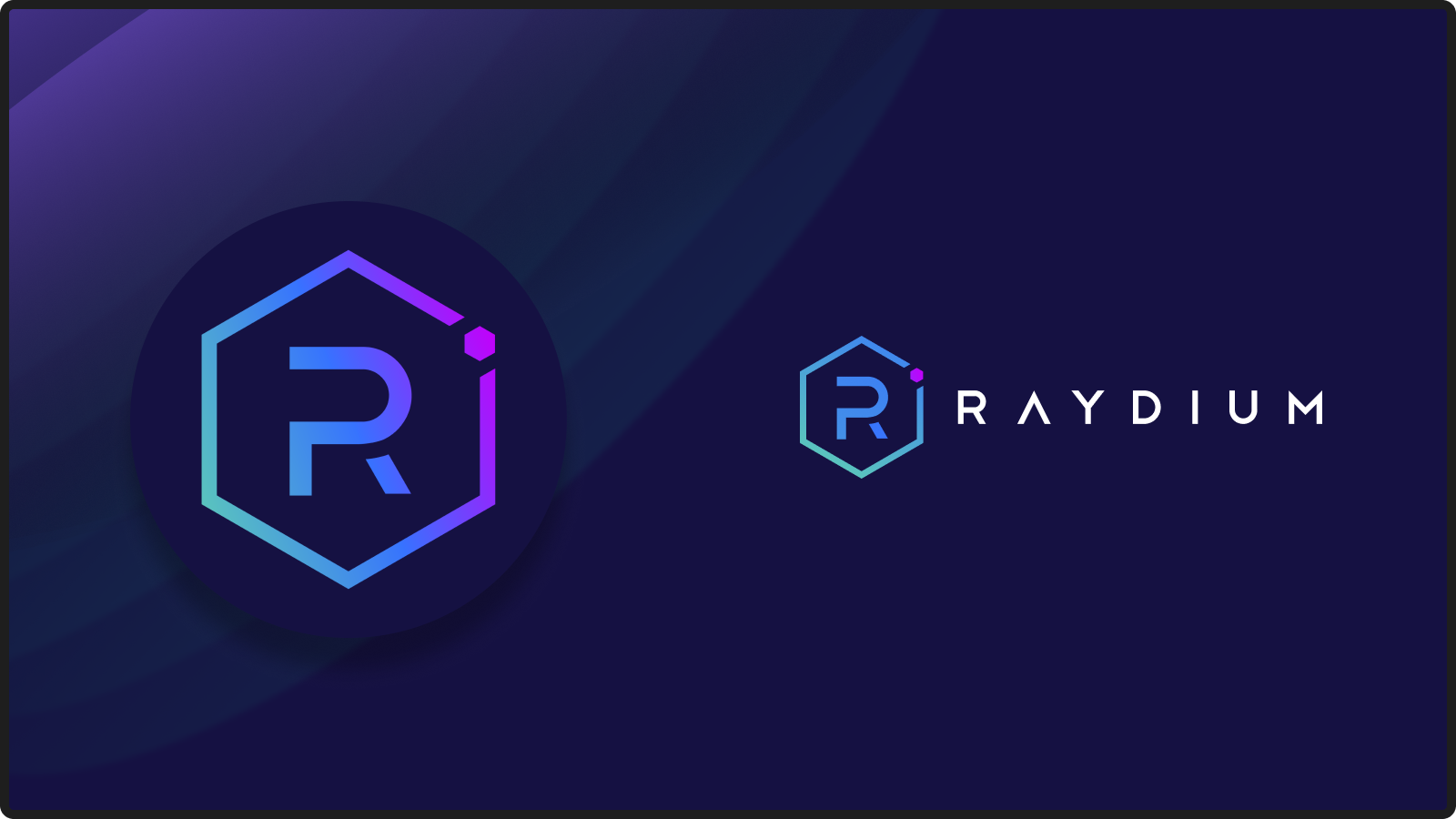
Raydium is a decentralized finance (DeFi) platform built on the Solana blockchain. It functions as an automated market maker (AMM), enabling users to trade various tokens swiftly and efficiently while providing liquidity to the ecosystem. Raydium utilizes innovative technology like the central limit order book, which contributes to faster transactions and shared liquidity. Additionally, it offers users opportunities to earn yields through various mechanisms within its ecosystem, making it a significant player in the DeFi space on Solana.

Jupiter Exchange is a decentralized exchange built on the Solana blockchain by a single developer or a collective operating under the pseudonym "Meow." The platform functions as a liquidity aggregator, gathering liquidity from multiple decentralized exchanges (DEXs) and automated market makers (AMMs) thriving within the Solana ecosystem.

Magic Eden serves as a decentralized marketplace on the Solana blockchain, specializing in the trading of NFTs (non-fungible tokens). It offers users an intuitive interface to seamlessly buy, sell, and discover a wide array of digital collectibles, art, and gaming assets within the Solana ecosystem.
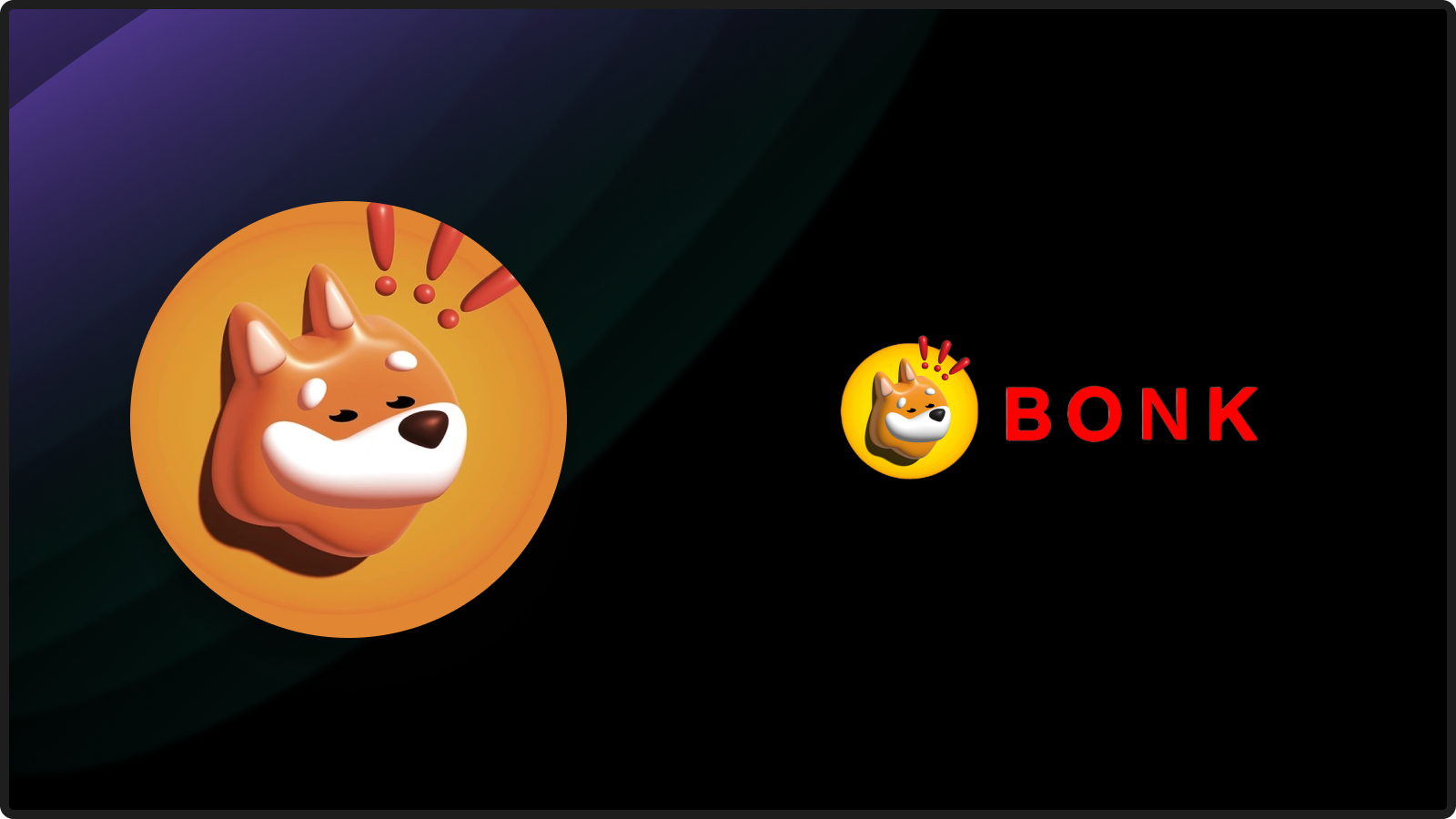
BONK is a memecoin originally distributed as an airdrop to the Solana community on Christmas 2022. It’s a token that adopts a Shiba Inu dog as its mascot, garnering inspiration from the iconic memecoin, Dogecoin (DOGE).
Orca
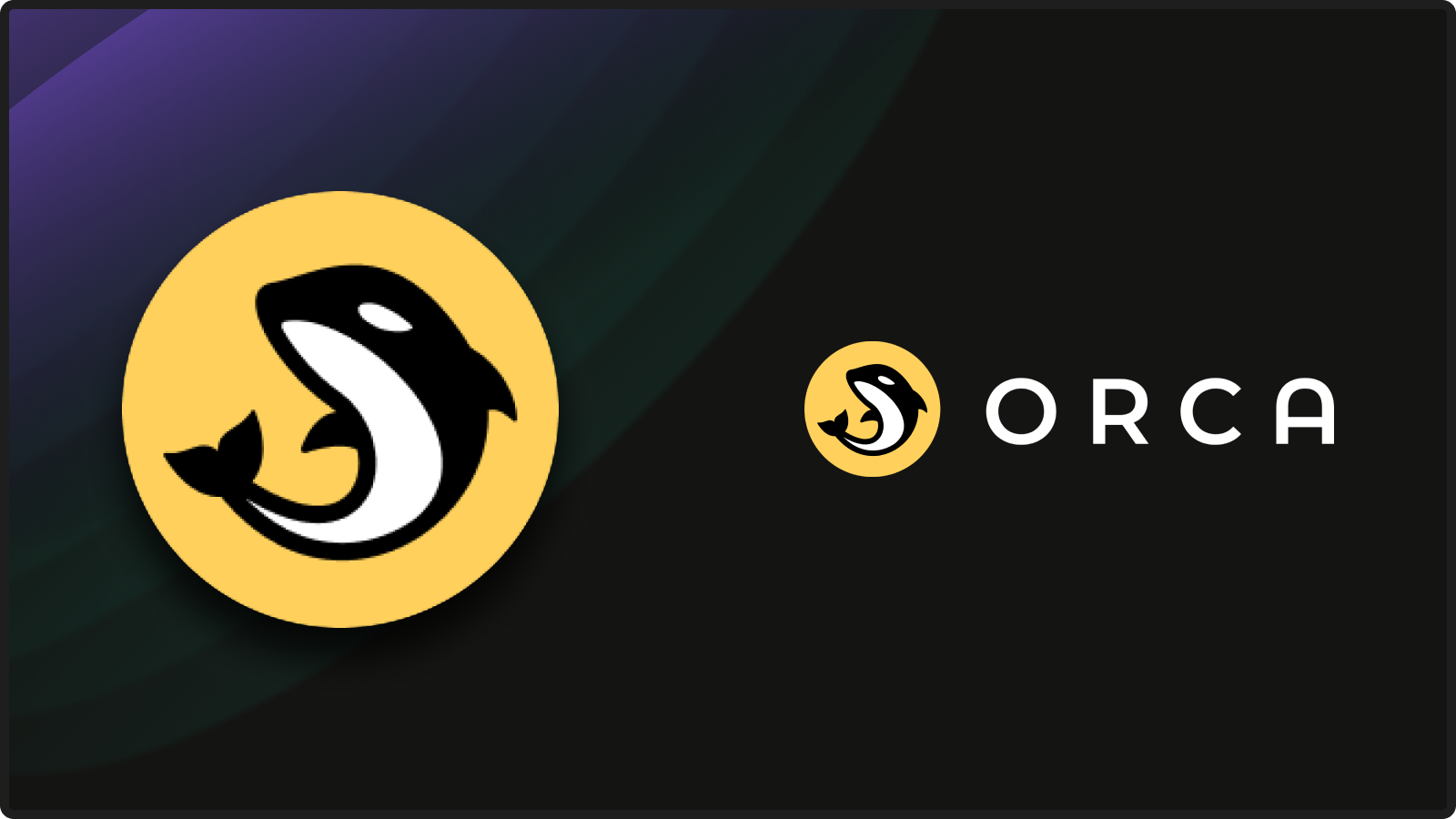
Orca, positioned as both a decentralized exchange (DEX) and automated market maker (AMM) protocol within the Solana ecosystem, distinguishes itself through a dual emphasis on capital efficiency and user-centric design. Orca facilitates low-cost trades and empowers users to contribute concentrated liquidity, enabling them to earn a share of the trading fees as a reward for their participation.
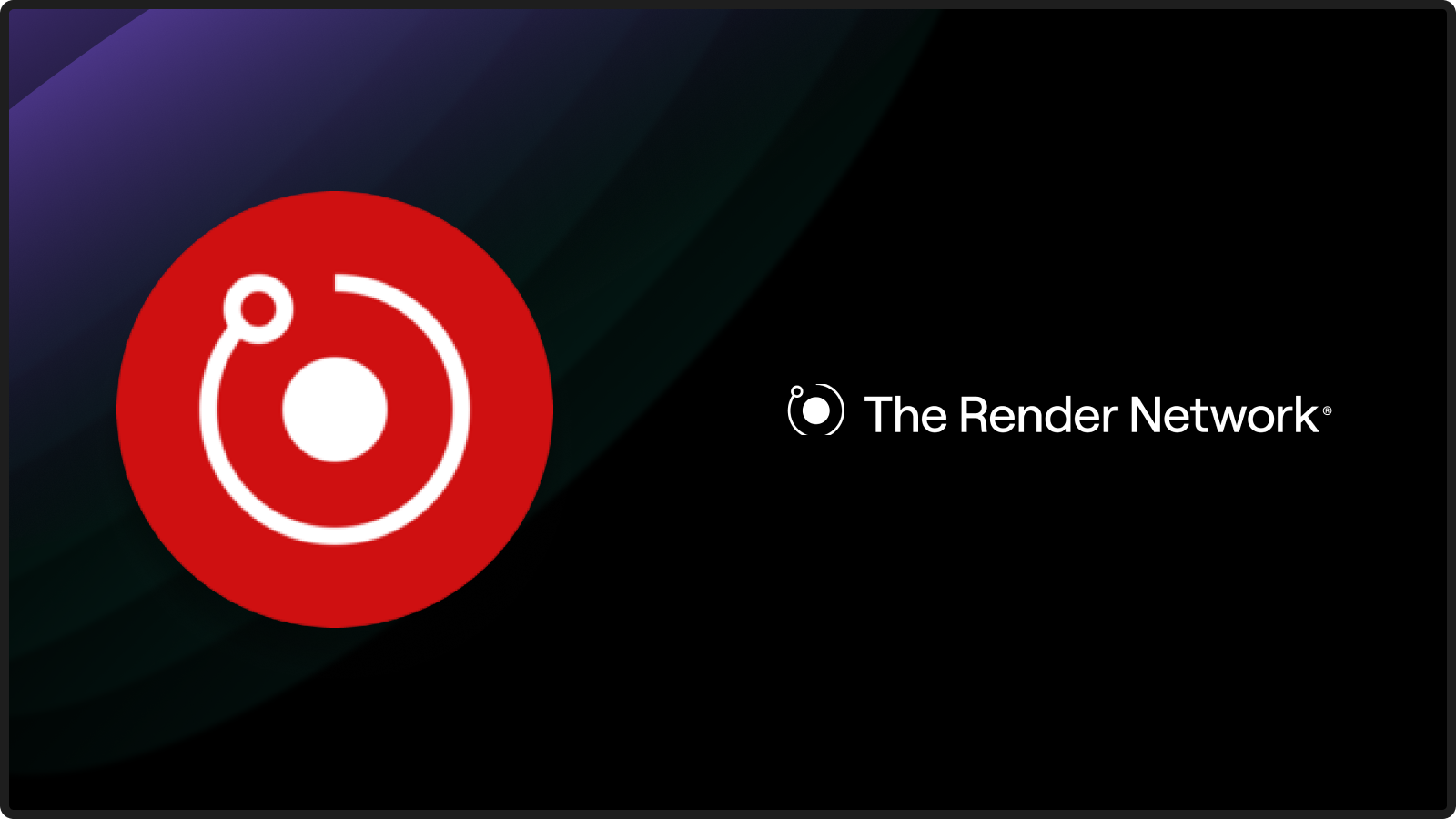
Render Network is a decentralized GPU rendering platform that leverages artists' capabilities by enabling the seamless scaling of GPU rendering tasks globally. Launched in 2017, Render Network caters to diverse computational tasks—from fundamental rendering to complex artificial intelligence—within a swift, error-free blockchain-based peer-to-peer network, ensuring secure property rights throughout.
Star Atlas
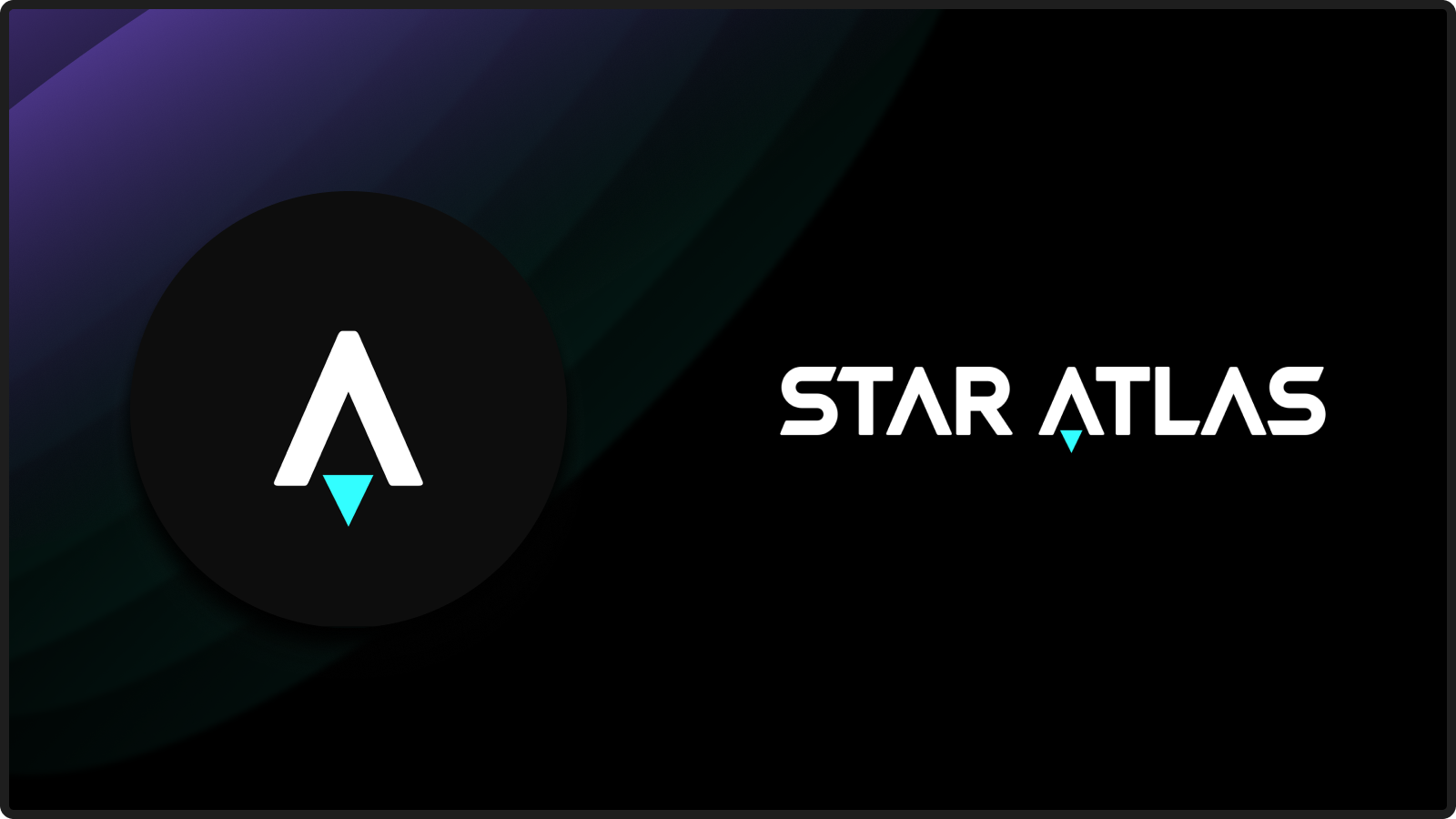
Star Atlas is a metaverse game built on the Solana blockchain. It offers players the chance to explore, trade, battle, and partake in various activities within a sci-fi universe. This immersive game integrates blockchain technology by allowing ownership and trading of digital assets like spaceships and land through non-fungible tokens (NFTs). With its native cryptocurrency, Star Atlas creates a dynamic economy, offering players an unprecedented blend of gaming, blockchain, and the metaverse concept in a single, engaging platform.
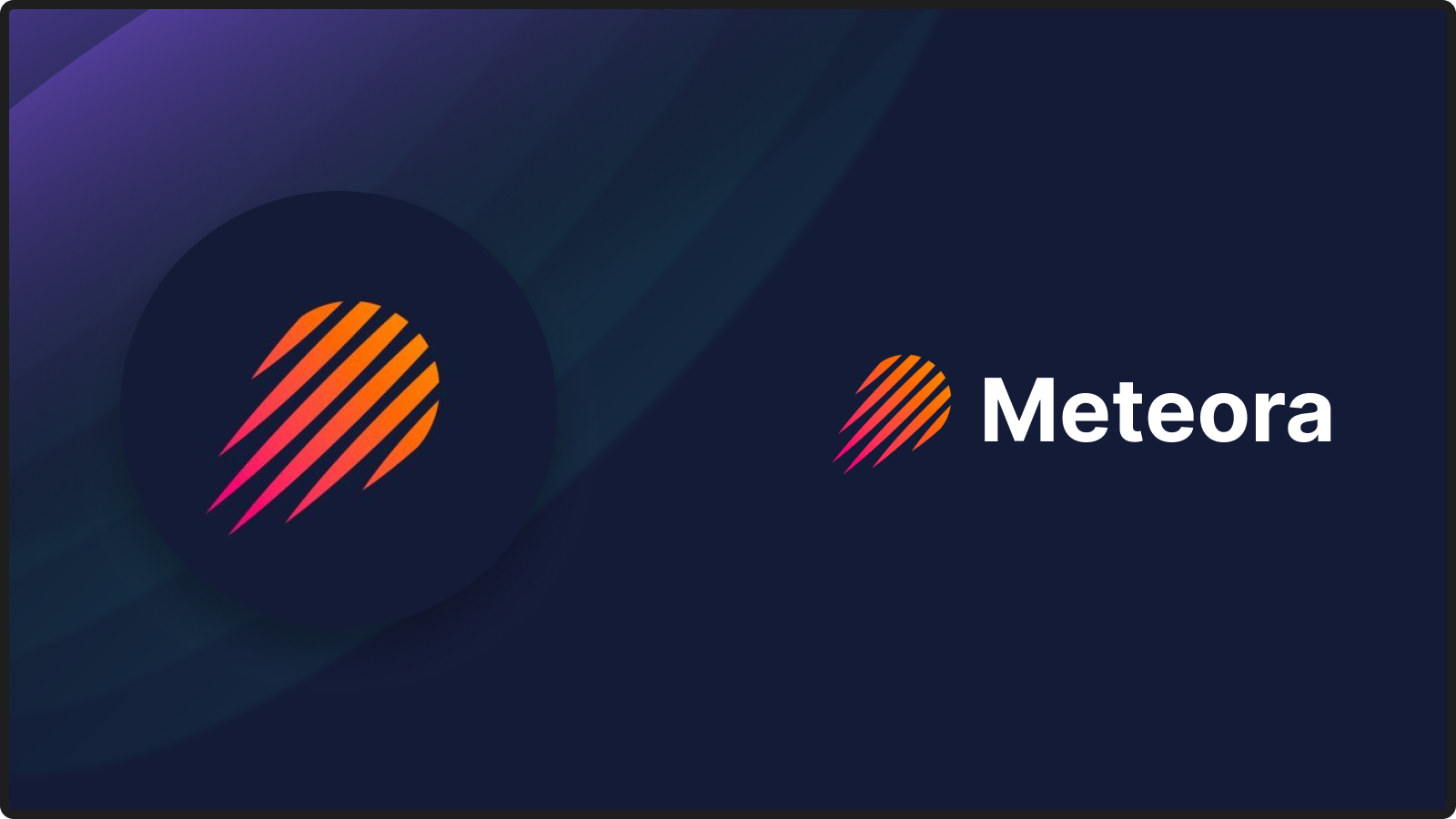
Meteora is a DeFI platform that introduces dynamic yield infrastructure with capital-efficient AMM pools built on top of it. Protocols integrated into the yield infrastructure can strategically allocate liquidity across diverse lending platforms, dynamically adjusting ratios at frequent intervals to optimize yield potential continually.
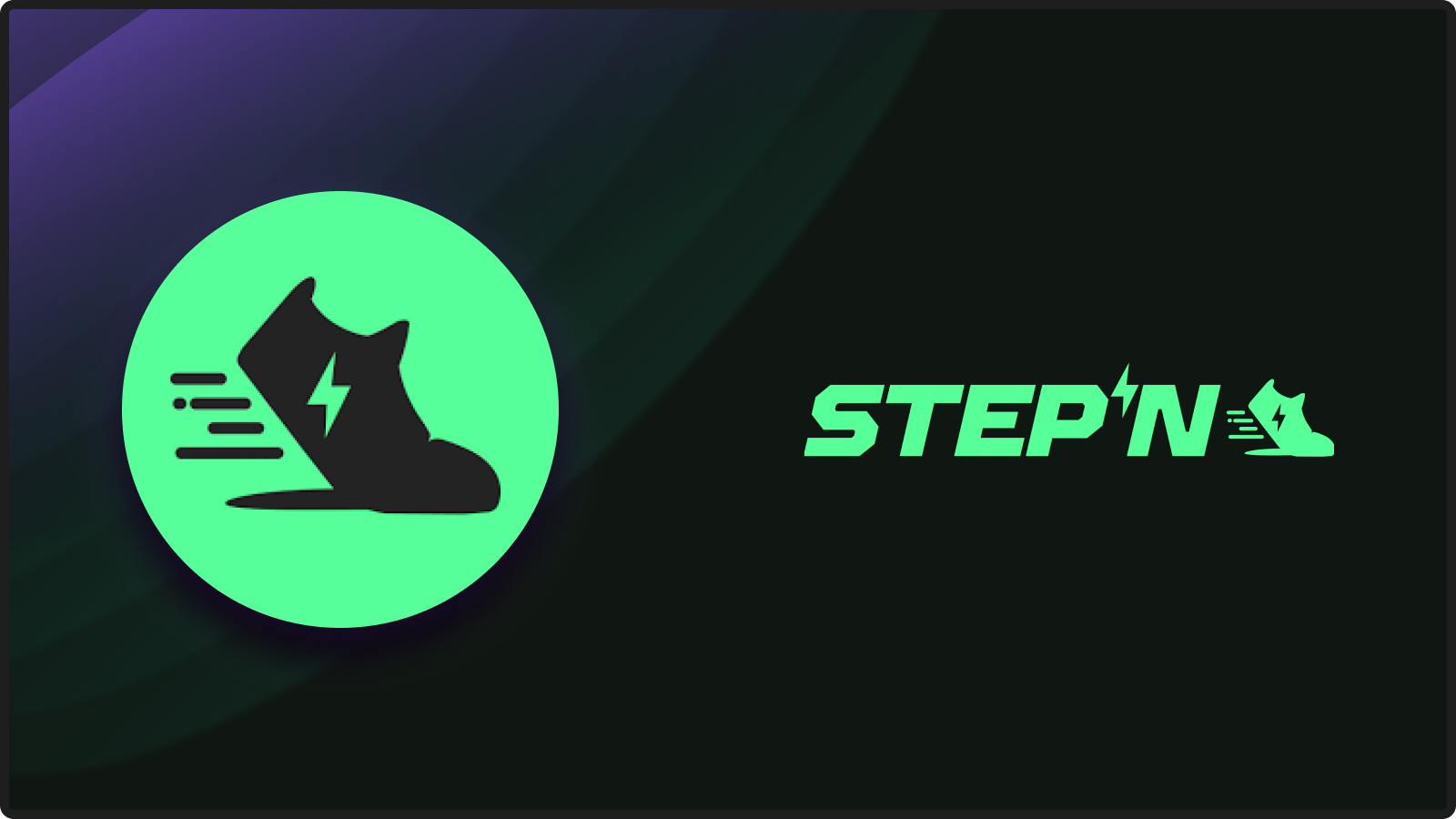
Stepn, an innovative smartphone application developed by FindSatoshi Lab, introduces a unique concept where users can generate income simply by engaging in activities like walking, jogging, or running. The app operates within a specific time frame that resets every 24 hours, allowing individuals to monetize their physical movement in a seamless and structured manner.
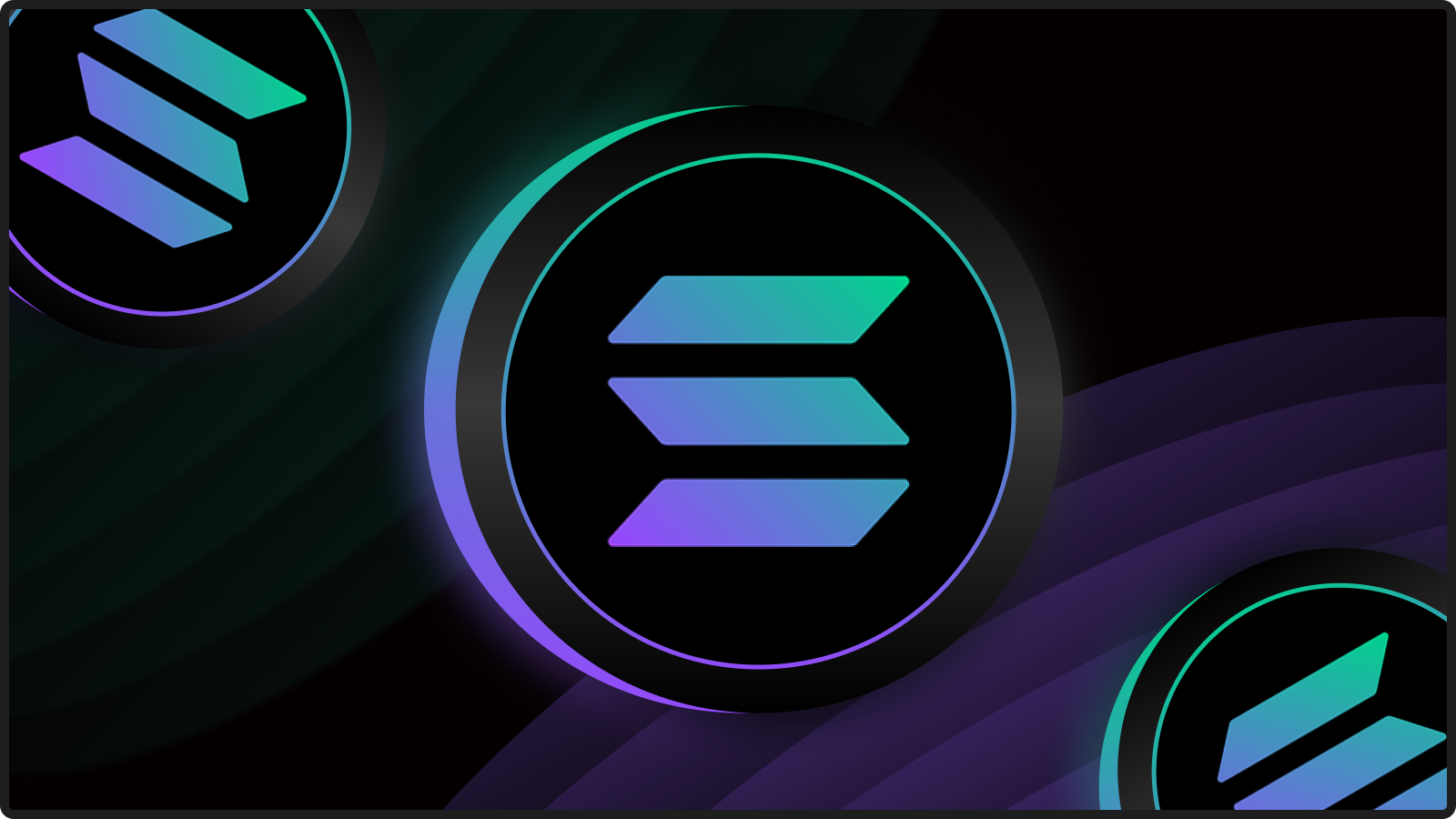
What is Solana’s Underlying Tech?
Solana's rise in the blockchain industry finds its cornerstone in its transactional throughput. This exceptional capability comes from the combination of proof of history and delegated proof-of-stake (dPoS), enabling Solana to beat the transactional limitations that have restrained even industry giants like Ethereum and Cardano.
Solana’s Proof-of-History (PoH)
Solana's underlying technology is centered around its pioneering consensus mechanism: proof of history. This departure from traditional consensus models has redefined how transactions are validated and executed within the network.
Proof of history leverages timestamps to sequence blocks, a mechanism that optimizes the efficiency and speed of transactions. This algorithmic approach significantly enhances Solana's scalability while remarkably reducing energy consumption, addressing a long-standing challenge faced by blockchain networks.
Delegated Proof-of-Stake (dPoS)
Delegated Proof-of-Stake (dPoS) is a consensus mechanism used in blockchain networks to achieve agreement on the state of the ledger. In DPoS, token holders in the network can vote for a select group of delegates or validators to represent them in maintaining the network and validating transactions. These delegates are entrusted with the responsibility of confirming transactions and producing new blocks on behalf of the network.
Token holders in a DPoS system can vote for their preferred delegates based on various factors such as reliability, technical expertise, or alignment with the network's goals. The voting power typically corresponds to the number of tokens held by each participant, granting more influence to those with a higher stake.

Where to buy SOL?
The Solana (SOL) token is available for purchase on various cryptocurrency exchanges such as Binance, HTX, and OKX for trading against other cryptocurrencies or fiat pairs.
If you are already in the Solana ecosystem, you can also buy with Jupiter or Raydium.
For those seeking faster transactions and more coin selection options when bridging, HUMANS should consider trading on SideShift.ai where HUMANS can swap among 100+ cryptocurrencies. Good job! 🎈
What’s next for Solana?
Solana has positioned itself well with its innovation, low fees and adaptability within the blockchain industry. Its process of groundbreaking protocols, efficiency, and scalability exemplify its potential to redefine how transactions and digital interactions occur in the digital age.
As Solana navigates the ever-changing landscape of blockchain technology, its impact is not only transformative within the crypto space but extends across sectors, shaping the narrative of decentralized networks and the future of digital transactions.

